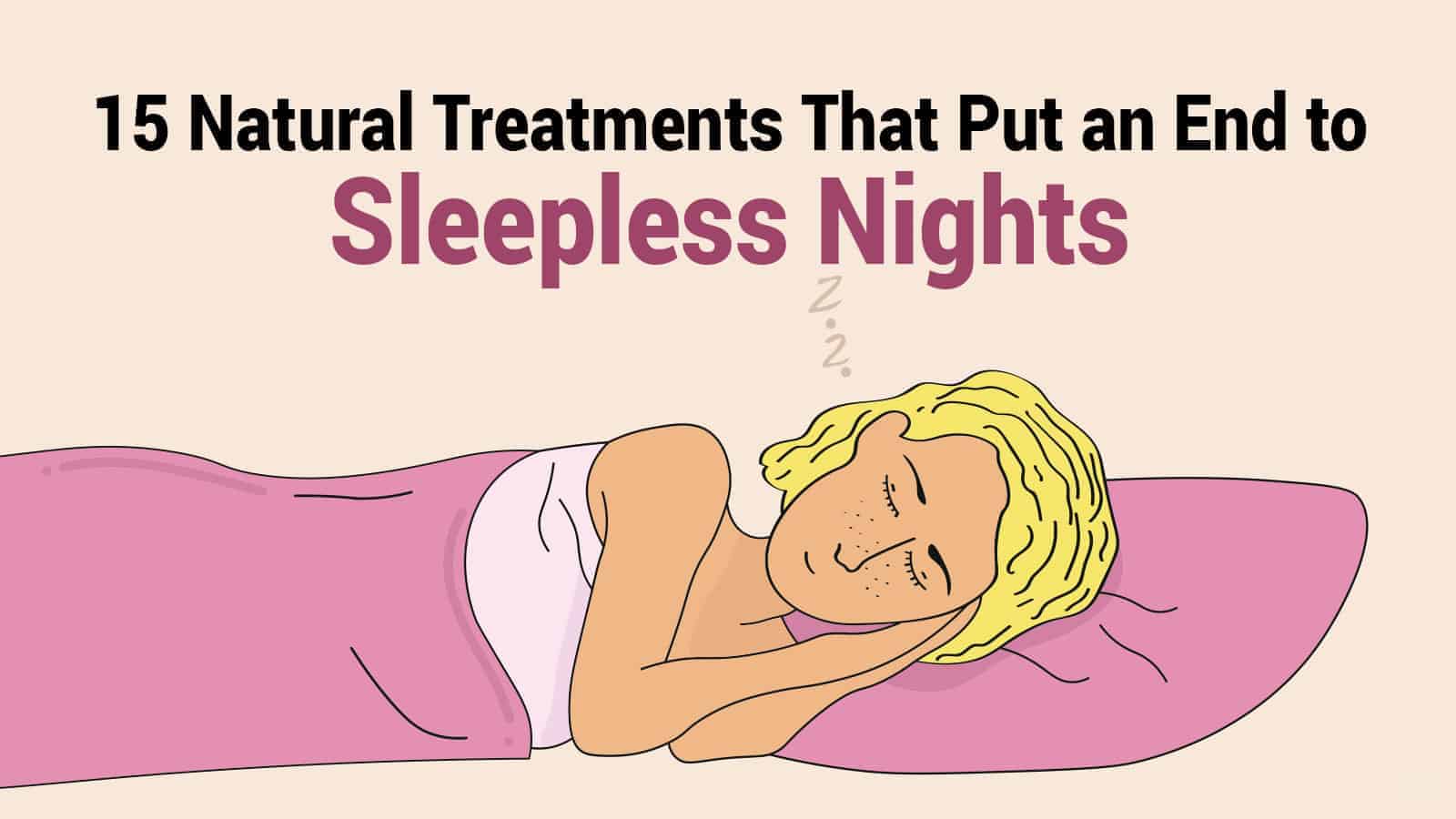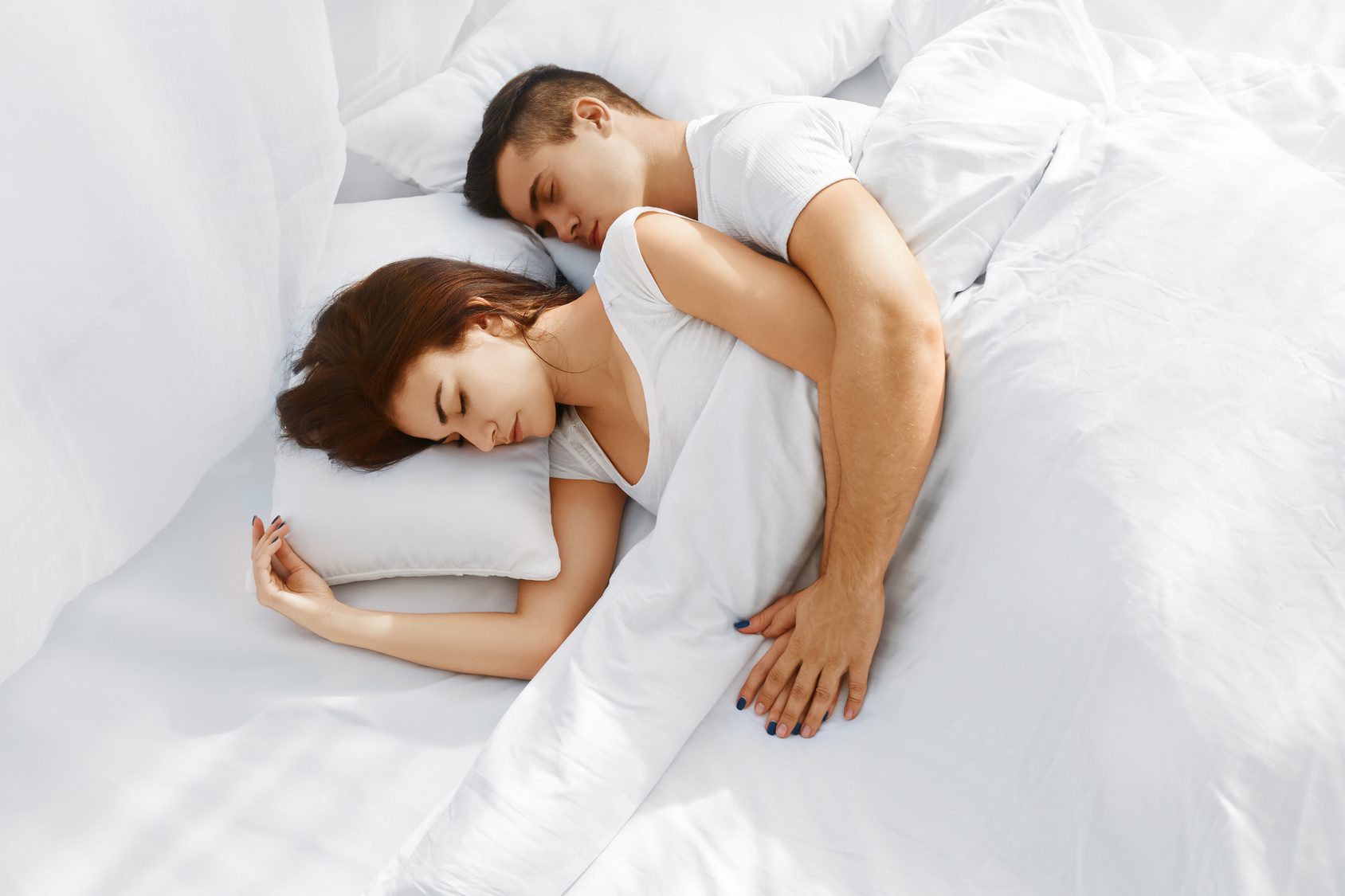Sleep is both a necessary function and a mystical experience shared by humans and the animal kingdom alike. When you have sleepless nights, your whole body pays the consequence.
A natural phenomenon in the brain controls our waking and sleeping modes called the circadian rhythm. This vital function is influenced by light, as observed by the first humans. Our early ancestors rose with the sun and slept when darkness fell. With the discovery of fire and much later electricity, we found that we could manipulate our brains to work longer hours and sleep less.
While it’s normal to have an occasional sleepless night, chronic insomnia affects your body and your mental health. Have you been plagued with restless nights, waiting for the Sand Man to come? Perhaps you are weary with lying in bed, watching the clock, and counting sheep.
Medical experts recommend that we need at least 7-8 full hours of sleep each night. The older you get, usually the less sleep you need. However, your body requires enough rest to recharge your system and to replenish millions of depleted cells.
When you are sleep deprived, it’s difficult to function. People who work third shift and swing shifts often battle insomnia because of their erratic sleep schedule. A plethora of medical and psychological disorders can also rob you of good z’s.
15 Natural Remedies to End Your Sleepless Nights
You may be reading this article in the wee hours of the night, hoping to fall into a restful slumber. Here are fifteen natural remedies for you to try that can induce sleepiness. If your bouts of insomnia become chronic, consider talking to your professional healthcare provider.

1. Meditation
In our fast-paced society, it’s no wonder our brains stay over-drive. How often have you tried to fall asleep, only to be annoyed by the constant chatter in your mind? You replay events and fret over things that haven’t even happened.
When your brain can’t be silent, it is nearly impossible to sleep or stay asleep for any time. Is it possible to bring the tranquility you desperately need? While you may not be able to quiet your mind’s conversations, you can change the voice.
For thousands of years, ancient cultures have practiced meditation for physical, mental, and spiritual health. You can use these same techniques to improve your sleepless nights. Learning to be present in the moment, acknowledging your thoughts, and releasing them, can induce rest.
2. Visualization
As you lie comfortably in your bed, purposely relax your body from head to toe. Let your thoughts float away like clouds and be aware of your breathing. Visualize yourself in your happy place, such as the beach or in a magical garden.
3. Comfortable Massage
Sometimes, your muscles won’t cooperate and relax on command. There’s nothing like a gentle massage to do the trick. Once your tight, sore muscles are smooth and relaxed, drifting off into dreamland is easier.
The next time you feel a restless night is imminent, ask your mate to massage you. Gentle touching and rubbing make the brain produce more endorphins that help you to relax. You can also massage your tired muscles if you are alone.
Give your temples and the back of your head a light rub to ease tension. Some people find comfort by gently massaging their closed eyes. If you have been on your feet all day, give your feet and legs some attention so they can relax and won’t ache during the night.
4. Turn Out the Lights
Just as our ancestors used the sun as an alarm clock, our brains are still hardwired into wakefulness from light sources. Glance around your bedroom, and you may see some blinking culprits. You may be so used to them that you don’t notice them anymore.
Nothing steals your slumber like the electronics that you keep in your bedroom. Sleep research warn that the radiant blue lights from television and computer screens stimulate the brain. To sleep better, keep the electronics turned off or, better yet, out of your room.
5. Dim the Clock & Phone
Consider turning it away from your face during the night if you have a light-up alarm clock. Even a small blinking power light can affect your brain. While you are finding ways to darken your room, be sure to flip your smartphone over so its glare isn’t keeping you awake.
6. Set the Scene for Relaxation
Consider looking at your bedroom as if it was the first time. Is it a luxurious sanctuary, or does it look like a cluttered office cubicle with a bed? Clear out the clutter and decorate your room with soft colors, light, and textures that beckon you to enjoy a restful sleep.
7. Limit Caffeine Intake
Most people fail to realize that caffeine is more than a naturally occurring ingredient. It is a drug that stimulates your mind and body and discourages sleepless nights. When you aren’t resting well at night, pay attention to your caffeinated drinks during the day.
Coffee, colas, energy drinks, and some teas are loaded with it. While a hot cup of coffee may get you through the morning, the extra caffeine in the evening may be your downfall. Limit caffeine intake, especially at bedtime, and see how you rest.
8. Drink Less Booze and Snooze
You may drink more alcohol in the evenings because it helps you fall asleep quickly. However, alcohol inhibits certain brain chemicals responsible for continual sleep, and your rest will be sporadic. Lack of sleep is a common symptom of alcoholism, so go easy on the liquor.
9. Get Moving
Exercising to induce sleep sounds counter-intuitive, but countless studies suggest otherwise. Perhaps the reason that you are tossing and turning all night is that your muscles have pent-up energy. A little evening exercise is just what you may need.
A couple of hours before bedtime, take the dog for a walk or go for a short hike through the woods. Avoid strenuous workouts that may pep you up rather than relax you. Lack of exercise can contribute to your restlessness
10. Try Yoga or Tai Chi
Gentle stretching exercises like yoga and Tai Chi work wonders on your muscles and provide pleasant tiredness. You don’t have to be an experienced yogi to enjoy the benefits. You can find easy video tutorials online that are made especially for inducing sleep.
11. Take Melatonin or Other Herbal Treatments
Decreased light and your circadian rhythm signal your brain that it’s time for sleep. As it powers down to sleep mode, your mind produces a chemical called melatonin that prepares your body to rest. Your sleep will be affected if your body doesn’t produce enough melatonin.
Talk to your doctor about taking over-the-counter melatonin supplements. The doctor can suggest the dosage that would be right for you. These supplements are relatively inexpensive and are available in most pharmacies and grocery stores.
12. Follow Your Nose to Sweet Slumber
Did you know that your sense of smell can affect your moods and energy levels? Aromatherapy has been used for years as an effective way to brighten people’s spirits and help with anxiety and depression. It has also been a successful tool for those who don’t sleep well at night.
Lavender is the quintessential herb used as a calming agent. Its familiar scent calms your mind and relaxes your muscles. Use the whole herb or its essential oil and rub some on your sheets and pillows for a sensational night’s sleep.
13. Magnesium
Without this vital mineral, we couldn’t survive. Magnesium does everything from strengthening your heart and bones to keeping your energy and blood sugar stabilized. Many people are deficient and don’t realize it.
Did you also know that magnesium supplements can support proper rest? It works with the chemicals in your brain to induce the deep, healing sleep that you need. Before you take any supplements, talk to your professional healthcare provider first.
14. Drink Some Soothing Tea
Did you ever wonder why Grandma always insisted on a warm cup of tea before she retired to bed? She and ancestors before her discovered that certain herbs made delicious teas that calmed the nerves. The scent, taste, and warmth of an herbal tea can take you to your happy place.
Chamomile tea is one of the most popular drinks recommended for sleepless nights. You might also try passionflower, valerian, or lemon balm. To make sure that these natural herbs don’t clash with any medications you take, consult your doctor or pharmacist.
15. Get Lost in the Music
If music can calm the savage beast, then it can do a number on sleeplessness, too. It doesn’t include loud, headbanging music that urges you to dance. Instead, choose quiet, soothing instrumentals that relax your mind and speak to your spirit.
Countless studies indicate that music therapy can promote a restful night’s sleep. Be sure your volume is low and use an earbud if it disturbs your partner. Play a CD or regular hours of tranquil music you can download free from the Internet.
 Final Thoughts on Ending Sleepless Nights
Final Thoughts on Ending Sleepless Nights
Sleep lulls us away from the world’s harsh realities into the land of dreams. If sleepless nights keep you from traveling there, these suggestions may be your passport. Remember that chronic sleepless nights can be a symptom of a severe medical or psychological condition and should be reported to your doctor.


















